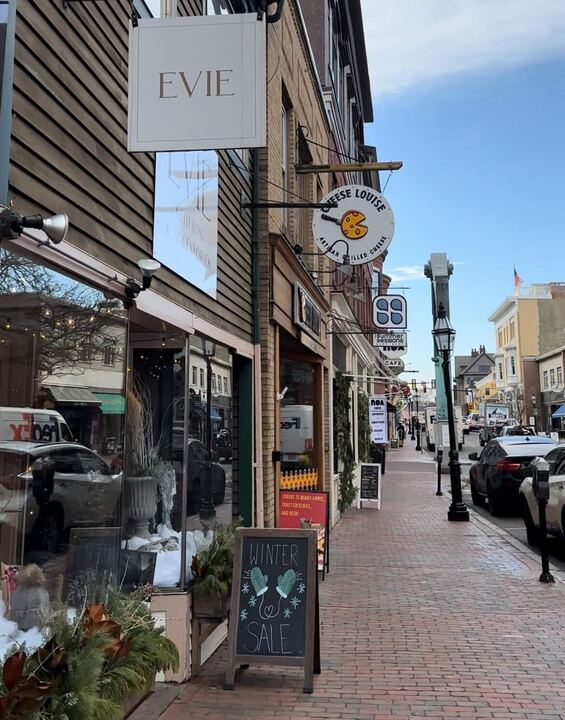Presidential candidate and former congressman John Delaney (D-MD) made an appearance on Nov. 4 as a participant in the Carsey School for Public Policy’s ongoing 2020 Presidential Primary Series. Delaney, unlike other candidates, limited the scope of his lecture to climate change, discussing innovative solutions in solving the global crisis.
Speaking to a near-empty room of approximately 19 individuals, Delaney expressed his excitement in how the 2020 primary has brought climate change to the forefront of discussion.
“Climate change was something that we talked about sometimes when folks who were really interested in the topic would ask a question, but it wasn’t really central to the debate that we were having, certainly not at the national level,” Delaney said. “I think we’ve really moved this discussion pretty dramatically in the last six or seven years.”
Given the challenges at hand, Delaney expressed his support for his carbon fee and dividend structure. His plan aims to have the United States at net-zero emissions by 2050 by placing a price on carbon emissions. According to Delaney’s own proposal, carbon will be priced at $15 per metric ton in its first year, increasing by $10 each subsequent year. His plan would distribute a portion of these earnings back to the American people, where it could be invested in a 529 savings account or retirement account.
Delaney outlined another portion of his proposal, which involves using negative emissions technology for direct air capture.
“These are machines that exist in our country right now and in the world, that actually suck CO2 at the atmosphere,” Delaney said.
Though the technology is readily available and viable, its cost is currently too high for large-scale implementation. According to a recommendation by the United Nations Climate Report and a study by the National Academy of Sciences, these technologies currently cost about $400 per metric ton. Delaney believes should we provide greater investment into these technologies as a nation and implement them as a vital portion of our energy infrastructure, they will be “materially cheaper than fossil fuels.”
Delaney’s plan involves reversing President Trump’s withdrawal from the Paris Climate Accord, as well as focusing on free-market solutions by increasing investment into green technologies. His plan is different than the Green New Deal, the widely popular bill proposed by Representative Alexandria Ocasio-Cortez (D-NY), in which the United States will mobilize over 10 years in order to not only reach near-zero-emissions by modernizing our electrical grid and energy systems but also attempt to tackle poverty, income inequality and racial injustice.
Delaney hosted a question and answer session after his event. Unlike other candidates who have participated in the speaker series, the Q&A was not limited to only three questions. Delaney fielded numerous questions from the audience, ranging from public lands protection to whether 2050 is ambitious enough as a goal, as well as increasing funding for nuclear research. Regarding nuclear research, Delaney believes it is essential to maintain our current infrastructure.
“We need more funds,” he said. “So, yes, I’m in favor of keeping the existing nuclear capacity, because again as I said in the beginning, you can’t be for fighting climate and be against cleaner solutions.”
Though the audience was small, the discussion with Delaney was intimate, with nearly every audience member with a question having it answered. Concluding his speech, Delaney descended from the podium to meet with audience members one on one. Members of his campaign were present distributing t-shirts, stickers, buttons, and other merchandise.
John Delaney is currently polling at approximately one percent according to a recent YouGov poll published on Nov. 5. He has yet to crest the donor threshold or polling threshold for November and December’s debate and was excluded from the most recent debate in October.



















